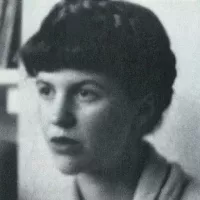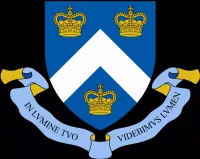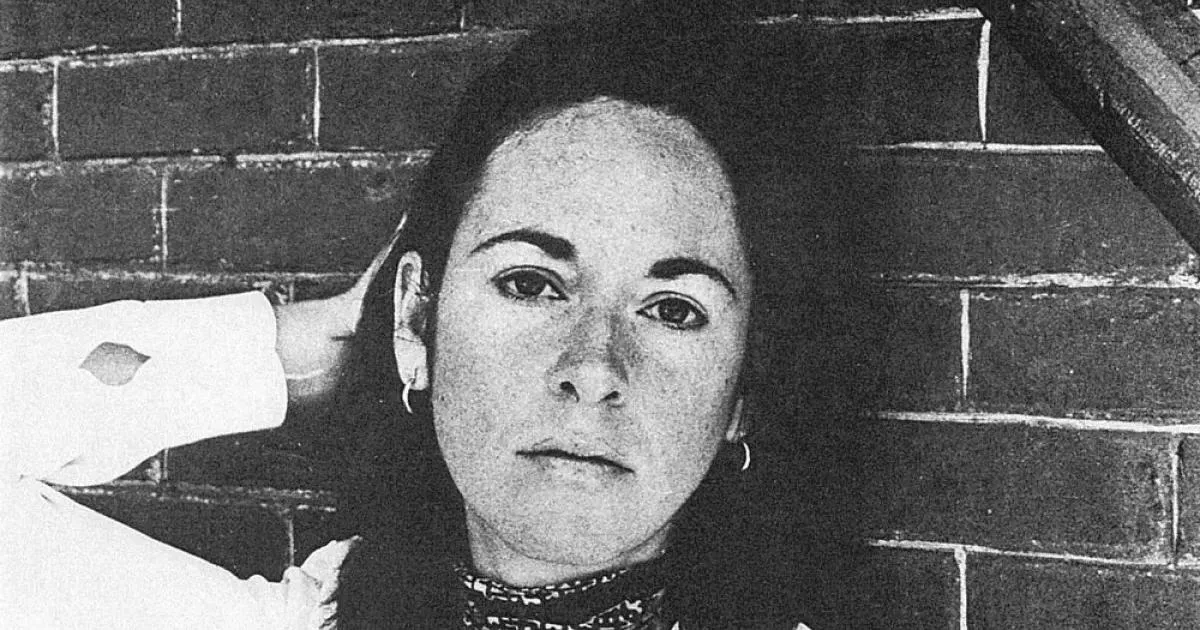How Louise Glück built a successful career. Explore key moments that defined the journey.
Louise Glück (1943-2023) was a highly acclaimed American poet and essayist, celebrated for her profound exploration of individual experience through an "unmistakable poetic voice". She was awarded the 2020 Nobel Prize in Literature, in addition to the Pulitzer Prize, National Humanities Medal, National Book Award, National Book Critics Circle Award, and Bollingen Prize. Glück also served as Poet Laureate of the United States from 2003 to 2004, solidifying her legacy as a major figure in contemporary poetry.
1962: Start of Poetry Collection
In 1962, poems were collected in Louise Glück's "Poems: 1962–2012".
1963: Enrolled in Poetry Workshops
In 1963, Louise Glück enrolled in poetry workshops at Columbia University's School of General Studies, where she studied with Léonie Adams and Stanley Kunitz.
1966: End of Poetry Workshops
In 1966, Louise Glück concluded her participation in poetry workshops at Columbia University's School of General Studies.
1968: Publication of Firstborn
In 1968, Louise Glück published her first collection of poems, Firstborn, receiving some positive critical attention.
1971: Started Teaching at Goddard College
In 1971, Louise Glück began teaching poetry at Goddard College in Vermont, which she credited with curing her writer's block.
1975: Publication of The House on Marshland
In 1975, Louise Glück published her second book, The House on Marshland, regarded by many critics as her breakthrough work.
1980: Co-founded New England Culinary Institute
In 1980, John Dranow, Louise Gluck's husband, co-founded the New England Culinary Institute with Francis Voigt. Glück and Bryant Voigt were early investors.
1980: Publication of Descending Figure
In 1980, Louise Glück's third collection, Descending Figure, was published. Also in 1980, a fire destroyed Glück's house in Vermont.
1984: Joined Williams College Faculty
In 1984, Louise Glück joined the faculty of Williams College in Massachusetts as a senior lecturer in the English Department.
1985: Publication of The Triumph of Achilles
In 1985, Louise Glück's award-winning work, The Triumph of Achilles, was published. The collection was described as "clearer, purer, and sharper" than Glück's previous work.
1990: Publication of Ararat
In 1990, Louise Glück published Ararat, a collection of poems prompted by the loss of her father.
1992: Publication of The Wild Iris
In 1992, Louise Glück published The Wild Iris, a collection featuring garden flowers in conversation about the nature of life.
1993: Pulitzer Prize for The Wild Iris
In 1993, Louise Glück won the Pulitzer Prize for The Wild Iris, solidifying her reputation as a preeminent American poet.
1994: Publication of Proofs & Theories: Essays on Poetry
In 1994, Louise Glück published a collection of essays called Proofs & Theories: Essays on Poetry.
1996: Divorce and Publication of Meadowlands
In 1996, Louise Glück's marriage to John Dranow ended in divorce. Also in 1996, she published Meadowlands, a collection of poetry about love and the deterioration of a marriage.
1999: Consultant to the Library of Congress
In 1999, Louise Glück was asked to serve as a special consultant to the Library of Congress for that institution's bicentennial. Also in 1999, she was elected a Chancellor of the Academy of American Poets.
2001: Publication of The Seven Ages
In 2001, Louise Glück published another collection of poetry, The Seven Ages.
2003: Poet Laureate of the United States
In 2003, Louise Glück was appointed Poet Laureate of the United States, a position she held until 2004.
2003: Judge of the Yale Series of Younger Poets
In 2003, Louise Glück was appointed the judge of the Yale Series of Younger Poets.
2004: Poet Laureate of the United States
In 2004, Louise Glück concluded her service as Poet Laureate of the United States, a role she began in 2003.
2004: Publication of October and Rosenkranz Writer in Residence
In 2004, Louise Glück published a chapbook entitled October in response to the September 11, 2001 attacks. That same year, she was named the Rosenkranz Writer in Residence at Yale University.
2005: End of Term as Chancellor of Academy of American Poets
In 2005, Louise Glück's post as Chancellor of the Academy of American Poets concluded, a role she started in 1999.
2006: Publication of Averno
In 2006, Louise Glück published a poetry book titled Averno.
2009: Publication of A Village Life
In 2009, Louise Glück published a poetry book titled A Village Life.
2010: End of Term as Judge of Yale Series of Younger Poets
In 2010, Louise Glück concluded her service as the judge of the Yale Series of Younger Poets, a position she began in 2003.
2012: Publication of Poems: 1962-2012
In 2012, Louise Glück published a collection of a half-century's worth of her poems, entitled Poems: 1962–2012. It was considered a "literary event".
2014: Publication of Faithful and Virtuous Night
In 2014, Louise Glück published a poetry book titled Faithful and Virtuous Night.
2017: Publication of American Originality
In 2017, Louise Glück published a collection of essays, entitled American Originality.
October 2020: Awarded the Nobel Prize in Literature
In October 2020, Louise Glück was awarded the Nobel Prize in Literature. She was the sixteenth female literature laureate since the prize was founded.
2020: Nobel Prize in Literature
In 2020, Louise Glück won the Nobel Prize in Literature, recognized for "her unmistakable poetic voice that with austere beauty makes individual existence universal".
2021: Publication of Winter Recipes from the Collective
In 2021, Louise Glück's collection, Winter Recipes from the Collective, was published.
2022: Named Frederick Iseman Professor at Yale
In 2022, Louise Glück was named the Frederick Iseman Professor in the Practice of Poetry at Yale.
2023: Appointed Professor at Stanford University
In 2023, Louise Glück was appointed a professor of English at Stanford University, where she taught in the Creative Writing Program.
Mentioned in this timeline

Sylvia Plath was an American poet novelist and short story...

Books are a means of storing information as text or...
Massachusetts officially the Commonwealth of Massachusetts is a state located...
Iowa is a state in the U S Midwest bordered...

Columbia University located in New York City is a private...

Fire is a rapid oxidation process called combustion releasing heat...
Trending

43 minutes ago Cameron Boozer: Duke Forward, Elite Numbers, and Wooden Award Favorite

44 minutes ago Josiah Harrell's Sensational UFC Debut After Rare Brain Disease Diagnosis: A Houston Story

44 minutes ago Rajah Caruth shines at JR Motorsports; Mayer takes pole; Mears avoids crash.

45 minutes ago Anthony Black scores 20 points in Magic's Thursday's victory, Desmond Bane contributes.

45 minutes ago Yaxel Lendeborg's life story, Michigan rise, and draft prospects are revealed.
2 hours ago Alabama Basketball Faces LSU: A Crucial Road Matchup and Maturity Test Looms
Popular

Jesse Jackson is an American civil rights activist politician and...

Barack Obama the th U S President - was the...

Ken Paxton is an American politician and lawyer serving as...

Bernie Sanders is a prominent American politician currently serving as...
Randall Adam Fine is an American politician a Republican who...

Michael Joseph Jackson the King of Pop was a highly...
